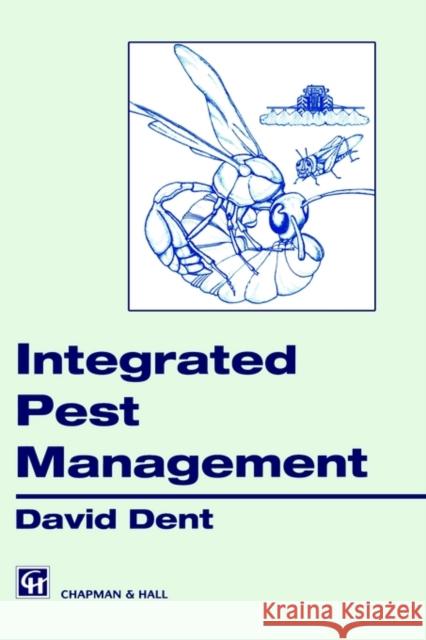Integrated Pest Management » książka
Integrated Pest Management
ISBN-13: 9780412573705 / Angielski / Twarda / 1995 / 356 str.
This important book provides a practical guide to the principles and practice of developing an integrated pest management (IPM) programme. Integrated Pest Management answers the question how do you devise, develop and implement a practical IPM system which will fully meet the real needs of farmers?'. The term pest' in this book is used in its broadest sense and includes insects, pathogens, weeds, nematodes, etc. The book commences by outlining the basic principles which underlie pest control (crop husbandry, socio-economics, population ecology and population genetics) and reviews the control mesures available and their use in IPM systems. Subsequent chapters cover the techniques and approaches used in defining a pest problem, programme planning and management, systems analysis, experimental paradigms and implementation of IPM systems. The final seciton of the book contains four chapters giving examples of IPM in different cropping systems, contributed by invited specialists and outlining four different perspectives. Integrated Pest Management will be of great use to agricultural and plant scientists, entomologists, aracologists and nematologists and all those studying crop protection, particularly at MSc level and above. It will be particularly useful for, and should find a place on the shelves of all personnel within the agrochemical industry, universities and research establishments working in this subject area and as a reference in libraries for students and professionals alike.











